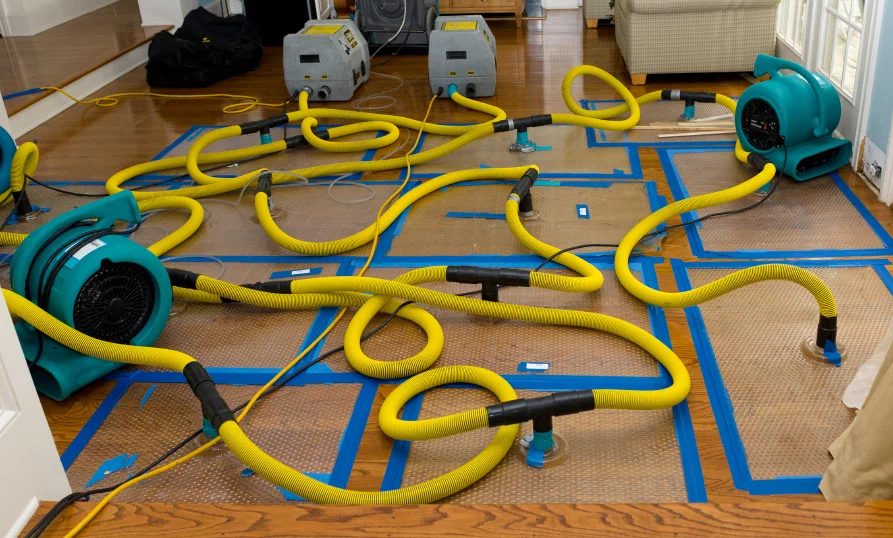Understanding the Dangers of Sewage Contamination
Sewage backups are among the most serious property emergencies homeowners can face. Contaminated water carries harmful bacteria, viruses, and parasites that pose significant health risks. Whether caused by clogged pipes, heavy rainfall, or system failures, sewage exposure can quickly lead to property damage and unsanitary conditions. Immediate cleanup is crucial not only to restore comfort but also to protect the health of residents and prevent long-term structural issues. Understanding the hazards involved helps emphasize the importance of professional sewage cleanup services.
Initial Response and Damage Assessment
When a sewage spill occurs, swift action can make the difference between minor inconvenience and severe damage. The first step is to ensure safety by turning off electricity in affected areas and avoiding direct contact with contaminated water. Professional cleanup teams begin by assessing the extent of the damage, identifying affected materials, and determining the source of the backup. This detailed evaluation allows experts to develop an effective cleanup plan, ensuring every contaminated surface is addressed and sanitized. Rapid response prevents bacteria from spreading and minimizes property loss.
Professional Cleanup and Sanitization Process
Professional sewage cleanup involves specialized equipment and disinfectants designed to handle hazardous materials safely. Technicians remove standing water using powerful pumps and extractors, followed by deep cleaning of floors, walls, and furnishings. Antimicrobial treatments are then applied to eliminate pathogens and reduce odor. In severe cases, porous materials such as carpets and drywall may need to be discarded. Industrial-grade air scrubbers and dehumidifiers help dry and purify the environment, ensuring no trace of contamination remains. This thorough process restores hygiene and helps prevent mold growth.
Preventing Future Sewage Backups
After cleanup, preventing recurrence becomes a top priority. Regular inspection and maintenance of plumbing systems can significantly reduce the risk of future sewage issues. Homeowners should ensure that drains, sump pumps, and sewer lines remain clear of obstructions. Installing backwater valves can prevent sewage from flowing back into the home during heavy rain. Additionally, avoiding flushing non-degradable materials and cooking grease down the drain can keep the system functioning smoothly. Preventive care is the most effective way to avoid costly and hazardous sewage incidents.
Why Professional Services Are Essential
Attempting to clean sewage on your own can be both unsafe and ineffective. Professional sewage cleanup experts possess the necessary protective gear, tools, and expertise to handle biohazardous materials safely. They follow strict safety and sanitization protocols to ensure complete removal of contaminants. Moreover, they can identify underlying issues, such as broken pipes or faulty drainage, preventing future occurrences. Relying on trained professionals not only guarantees a cleaner, safer environment but also saves time, money, and stress in the long run.
